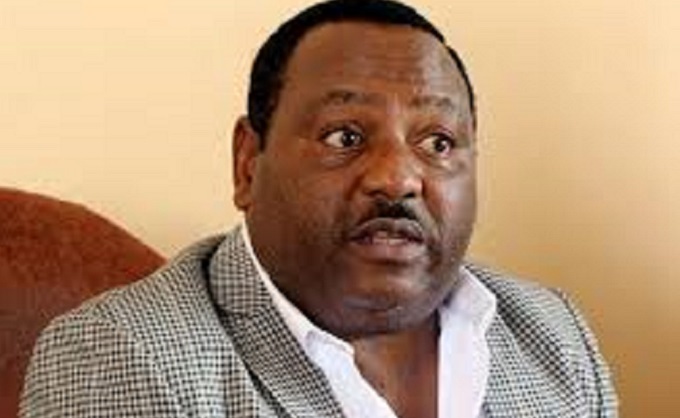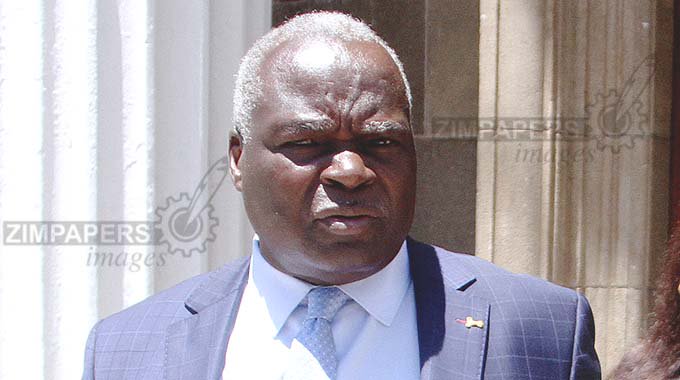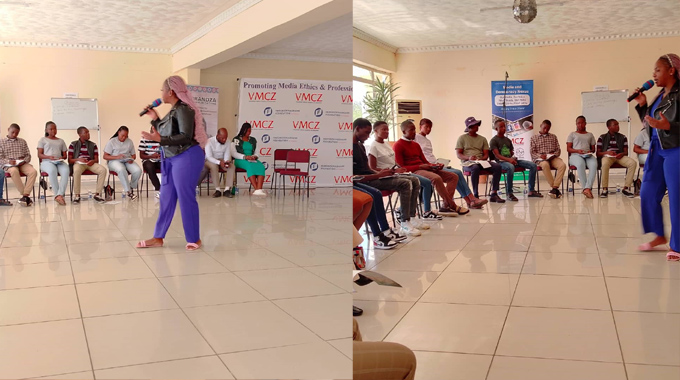Bulawayo fertility centre helps 17 couples in first year

Kudzai Chikiwa, Chronicle Reporter
A MEDICAL doctor has established a centre in Bulawayo to artificially assist people who have challenges in conceiving, to have children.
The facility, located along Josiah Tongogara Street and 8th Avenue, has already assisted 17 couples to have children.
Zimbabwe Medical Association (Zima) national president Dr Francis Mavuka Chiwora, speaking during an anniversary celebration of the Bulawayo Assisted Reproductive Technology (BART) centre spearheaded by his colleague Dr Jephat Moyo on Friday evening, said it is the second such facility in the country after another one was established in Harare.
Assisted Reproductive Technology is used to treat infertility.
It includes fertility treatments that handle both a woman’s egg and a man’s sperm. It works by removing eggs from a woman’s body.
The eggs are then mixed with sperm to make embryos. The embryos are then put back in the woman’s body resulting in the woman giving birth.
“I am impressed that one of our own sons has thought of bringing relief to families that suffered infertility. This is an outstanding idea by Dr Moyo and l urge all of you to utilise your skills for the benefit of the community. We cannot continue importing services from outside while we have our own brains here,” said Dr Chiwora.
In an interview on the sidelines of the event at the Bulawayo Club, Dr Moyo said it has been his passion to help families that are infertile.
“I am so humbled to be of help to my community. I saw a need to introduce technology to my own people and it has worked out. With the support of my wife, family and colleagues we have managed to come up with 17 babies and by the end of year we are expecting 20 babies,” he said.
Meanwhile, Dr Chiwora said Government should address problems in the health sector to minimise the migration of health specialists to other countries in search of greener pastures.
He said poor working conditions, lack of machinery and equipment and lack of pharmaceuticals in Zimbabwe results in most specialists going overseas leaving gaps in public hospitals.
Dr Chiwora said migration of doctors results in patients being forced to fly overseas for medication and surgeries that could have been done in Zimbabwe.
“It is very bad when medical practitioners are trained in Zimbabwe but due to poor working conditions they are forced to migrate to other countries like the United States where they are better paid and have all medical essentials at their disposal,” he said.
Dr Chiwora said ideally specialists should be found in public hospitals for the ordinary citizen to access services but the situation at hand has seen few specialists willing to work for Government.
“Let’s take for instance, there should be at least five gynaecologists in Bulawayo but there is none. We do not have enough paediatric health specialists and anaesthetists. There is a shortage of cardiac surgery specialists in Zimbabwe leading to the death of many heart surgery patients.
“This is because few doctors are willing to cope with conditions at public hospitals. In the end everything is privatised at the expense of the ordinary citizen,” he said.
“When we are training doctors here, our vision is to see them acquiring skills to benefit locals. However, they end up migrating forcing patients to fly to get treatment which would have been offered here. The simple way to go is for the Government to equip our doctors with relevant tools for the job they trained for.”
Dr Chiwora noted that when patients fly overseas for medical treatment, it cripples Treasury.
“We should not be in the habit of taking money from Treasury and giving it to other countries. That way we will never improve our medical fraternity. Remember we used to be at par with other countries but it all vanished because we have lost faith in our own locals,” he said.
Dr Chiwora said if Government addresses these problems, many doctors will come back to Zimbabwe to carry out their duties.












Comments